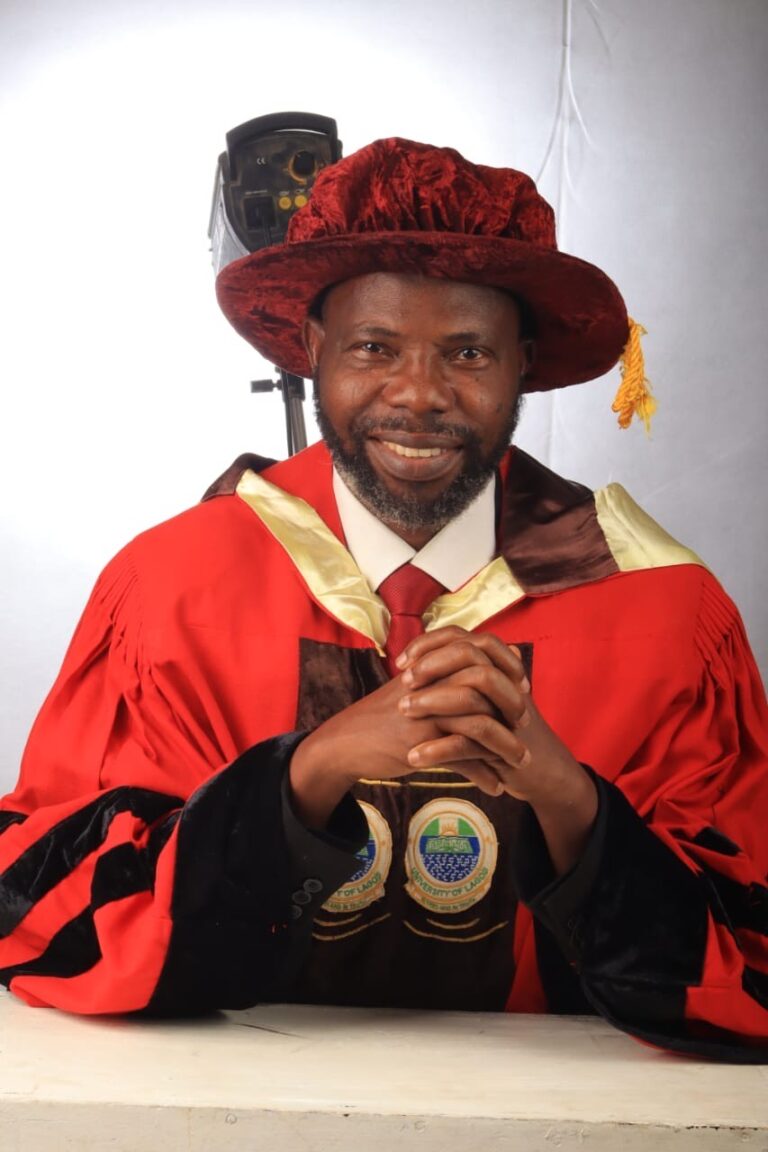The pioneer Professor of Insurance at the University of Lagos (UNILAG) Akoka, Tajudeen Yusuf, will, on Wednesday, offer fresh insights into the ethical and practical dimensions of Takaful, an Islamic alternative to conventional insurance.
The don, who is billed to present his inaugural lecture at the university on Wednesday, 21 May, will be speaking on the theme: “Risk, Ethics and the Road Less Taken: Navigating the Journey from Insurance to Takaful”.
Ahead of the ceremony, Mr Yusuf, in a summary note of his presentation obtained by this newspaper, critically examines how both conventional and sharia-based Takaful models handle risk and ethics, raising significant considerations for individuals, businesses, financial institutions, and policymakers.
Mr Yusuf, a distinguished expert in insurance, risk management and Islamic finance, contrasts the foundational principles of the two models.
Ethical differences
Findings of the study show that while traditional insurance systems typically operate on the basis of risk transfer and may involve speculative practices and interest-based (riba) transactions, Takaful is rooted in mutual cooperation and risk-sharing.
It further establishes that Takaful is structured around participants contributing donations to a common fund, from which claims are paid out in the event of loss.
This model, the study found, is designed to avoid excessive uncertainty (gharar) and uphold Shariah principles, which prohibit interest and speculative gains.
According to Mr Yusuf, these ethical distinctions are more than theoretical as they influence how each model responds to modern risks such as climate change, cyber threats, pandemics and global economic instability.
Outlook
The lecturer argues that the Takaful framework, though still developing, presents a viable and ethically sound tool for managing such uncertainties.
However, he identifies key challenges limiting its wider adoption, including regulatory ambiguity, limited product standardisation, and low public awareness.
Despite these constraints, the outlook for Takaful in Nigeria appears increasingly positive as Nigeria’s insurance authority recently revealed that while Takaful currently accounts for just 1–2 per cent of the national insurance market, it has recorded an impressive average annual growth rate of over 34 per cent in contributions over the past four years.
The promising outlook for Nigeria’ Takaful market is reflective of a positive global forecast where Research and Markets, a global firm that provides market insights, estimated 124 per cent growth in nine years from $33 billion in 2023 to N74 billion by 2032.
Study applications
Speaking on the essence of the study, Mr Yusuf said the work contributes significantly to both academic literature and practical financial discourse.
He said: “This research introduces a structured comparison of risk management approaches in Takaful and conventional insurance, providing clarity on their operational and ethical distinctions.
“By integrating contemporary issues such as climate and cyber risks, the study extends existing knowledge on ethical finance within an Islamic context. The findings also offer a foundation for further studies on the evolution of Islamic finance in response to global economic uncertainties”
In terms of practical applications, he assures finding from the study offer clear guidance for policymakers and financial service providers.
He added: “Insights from this study can inform policymakers on creating supportive regulatory environments for Takaful expansion.
“The research provides strategic guidance for financial institutions seeking to develop ethical insurance products that cater to diverse risk environments; and practical applications of the findings can help businesses adopt Shariah-compliant insurance mechanisms to mitigate financial uncertainties ethically”.
He stressed that by bridging theoretical insight with actionable recommendations, the study reinforces the relevance of Takaful in today’s rapidly evolving financial and risk landscape, adding that it positions the model not only as a faith-based alternative but as a sustainable and adaptable mechanism for inclusive economic resilience.

